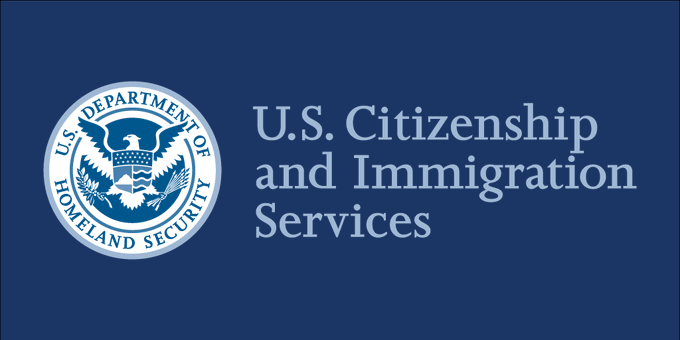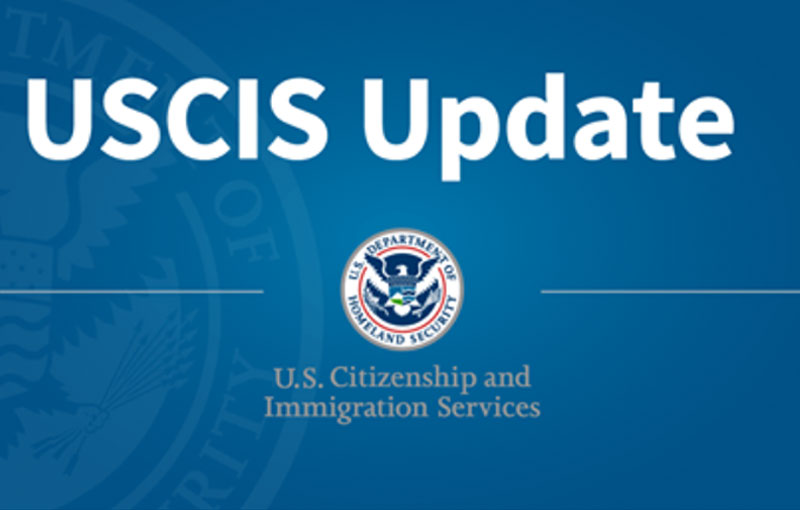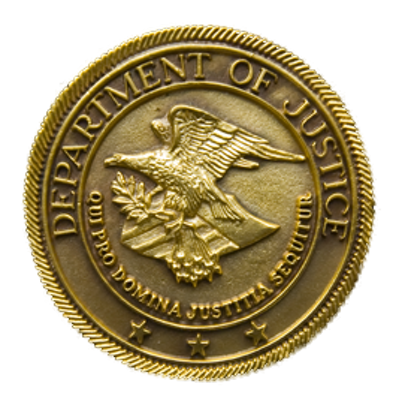USCIS Celebrates Independence Day 2022 and Continues its Commitment to Naturalization
WASHINGTON— U.S. Citizenship and Immigration Services (USCIS) will celebrate Independence Day this year by welcoming more than 6,600 new citizens in more than 140 naturalization ceremonies between July 1 and July 8. These ceremonies demonstrate our commitment to welcoming immigrants and promoting the benefits of U.S. citizenship for all who are eligible. In Fiscal Year 2021, USCIS welcomed 855,000 new U.S. citizens. In Fiscal Year 2022, USCIS has welcomed 661,500 new U.S. citizens as of June 15 and made significant progress in reducing our naturalization pending queues.
“Throughout our nation’s history, the promise of both life and liberty, and the freedom to pursue happiness, is what has drawn millions from across the globe to call America their home. At USCIS, our belief in the promise of America is renewed daily as we work to welcome immigrants as our fellow citizens,” said USCIS Director Ur M. Jaddou. “There is nothing more patriotic than making the choice to be an American. This July 4, I’m proud to celebrate the more than 6,600 people who have invested their lives and hopes in our nation as new U.S. citizens. Our country will be stronger and more diverse because of the choice they have made.”
Each July 4, we celebrate the day the Second Continental Congress adopted the Declaration of Independence in 1776, declaring that the 13 American colonies regarded themselves as a new nation—the United States of America—and were no longer part of the British Empire. USCIS commemorates this momentous occasion by hosting special Independence Day-themed naturalization ceremonies across the country. Throughout these ceremonies, USCIS will honor and recognize the commitment and contributions of our newest U.S. citizens.
This year’s Independence Day activities will include special naturalization ceremonies across the country, including a naturalization ceremony for military servicemembers at the USS Midway Museum in San Diego on July 1. Closer to our nation’s capital, on July 2, Director of National Intelligence Avril Haines will participate in a ceremony at the Vienna Town Green and Treasury Secretary Janet Yellen will participate in a ceremony at George Washington’s Mount Vernon on July 4. Additional Independence Day ceremonies will be held at the New York Public Library, the Betsy Ross House in Philadelphia’s Historic District, Thomas Jefferson’s Monticello in Virginia, and national parks including Saguaro National Park in Arizona and Valley Forge in Pennsylvania. For additional venues, please view a list of highlighted 2022 Independence Day-themed ceremonies.
USCIS reaffirms its commitment to making the naturalization process accessible to all who are eligible. Since the beginning of the Biden-Harris administration, USCIS has taken a number of steps to support implementation of Executive Order 14012: Restoring Faith in Our Legal Immigration System and Strengthening Integration and Inclusion Efforts for New Americans. USCIS continues to promote and improve access to naturalization pursuant to EO 14012 and the Interagency Strategy for Promoting Naturalization (PDF, 3.77 MB), which was released publicly on July 2, 2021.
Following each naturalization ceremony, we encourage new U.S. citizens to share their naturalization stories and photos on social media using the hashtag #NewUScitizen.
For more information on USCIS and its programs, please visit uscis.gov or follow us on Twitter, Instagram, YouTube, Facebook, and LinkedIn.
Last Reviewed/Updated:








